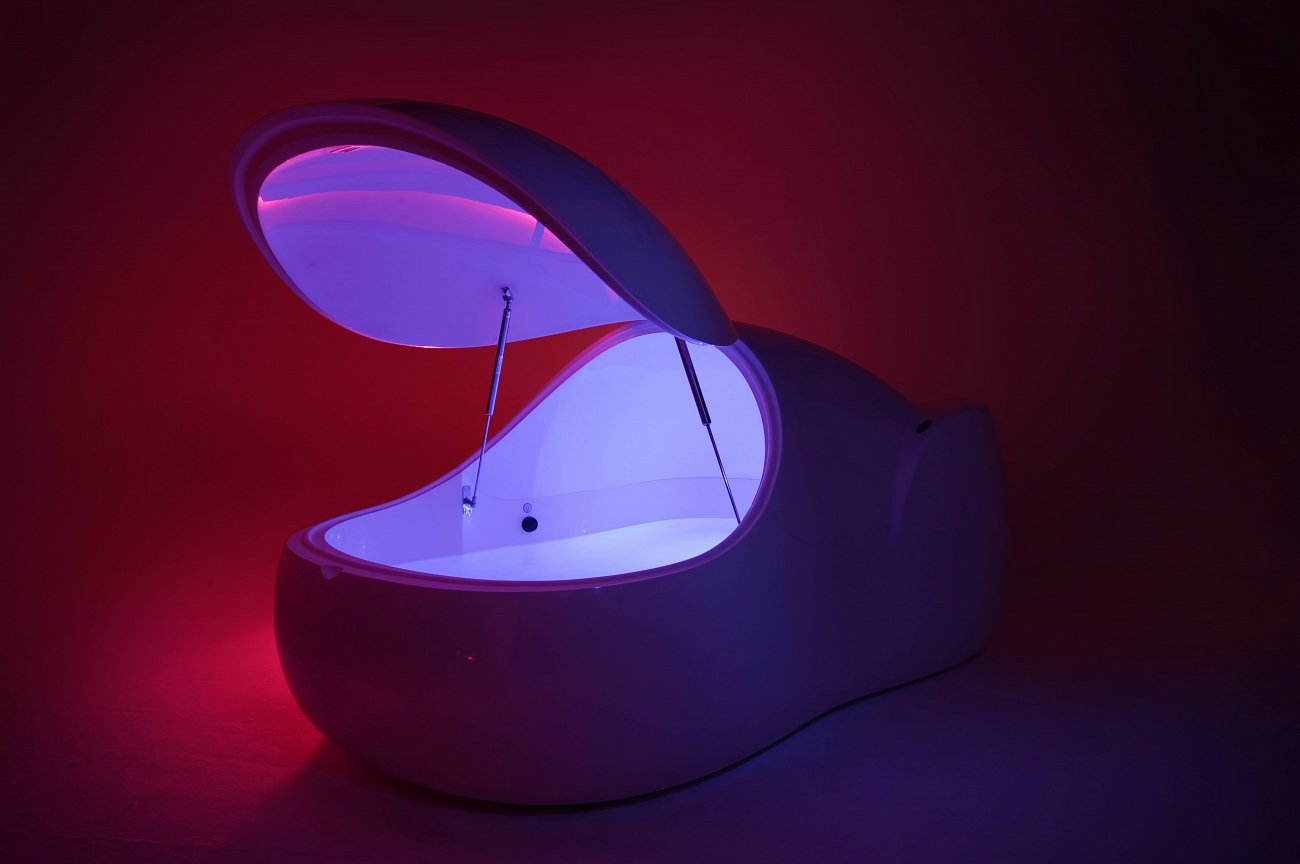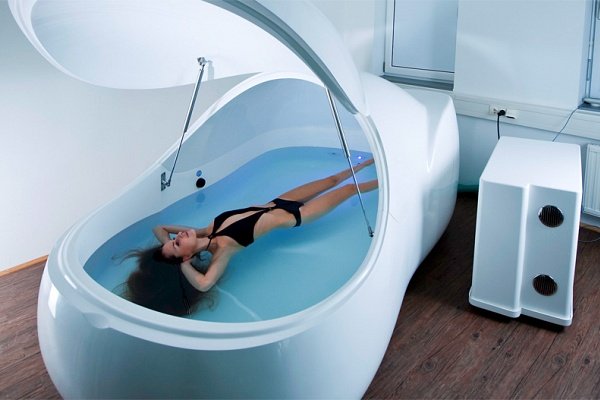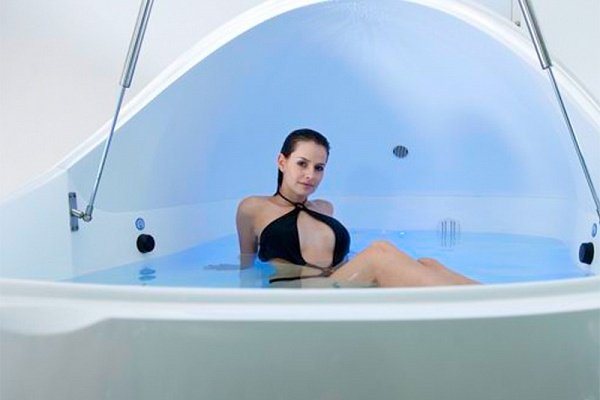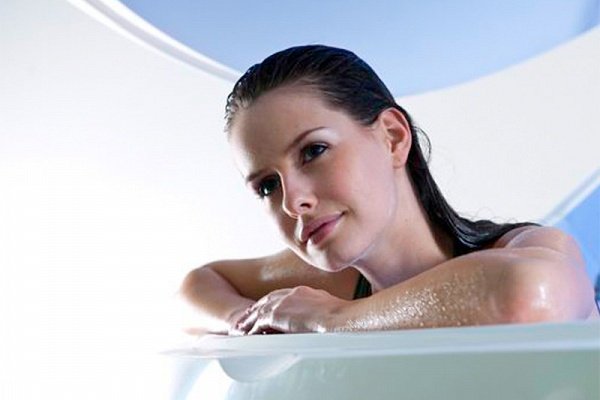26 July 2022, by i-sopod
Juggling work and your personal life, with places to be, things to do, people to see… Constantly plugged into devices – always with something to reply to, something to read or watch, and notifications to act on… Life moves very, very fast these days, and it can be incredibly difficult to find time and space in your daily life to slow down and properly rest!
Via our five senses, the brain is taking in a shocking 11 million bits of information per second! And 10 million of that is taken in visually.
What makes modern life so stimulating?
Technology has become so interwoven into our day to day lives, and the blue light our devices omit plays a role in keeping our brains on high alert.
And, if you live in a city, there is also a constant bombardment of noise pollution, as well as visual advertising everywhere which your brain can’t help but read and take in. It’s a lot! It’s no wonder that cases of chronic fatigue and burnout are on the rise.
You might feel like when you tap out of life at the end of the day, and perhaps hit the sofa and tune into your favourite TV show or listening to a podcast, this is you resting. But in reality, as you take in more sensory information whilst watching or listening to something, and potentially checking notifications on your phone sporadically too, you’re not giving yourself the full, total rest you need to recharge. We actually need deeper, varying types of rest than most people realise.
So what is the remedy to this sensory overload?
Research shows that for a truly effective physical relaxation response, the body and brain need two things: reduced sensory input and reduced physical movement. Floatation R.E.S.T (reduced environmental stimulation therapy) is one of the few (if not the only!) forms of therapy that ticks both of those boxes.
When floating in an isolation tank, the information your sight, sound, smell, touch senses take in is radically reduced. Plus, with the zero gravity of the tank environment (thanks to the high level of Epsom salt in the water) your body also has the unique opportunity to be completely weightless, meaning any movement you do make whilst in the pod is completely effortless for the body.
Because of these two main factors, as well as other aspects of the experience such as the high level of magnesium intake, floatation offers such a deep form of rest that it is almost unparalleled as a stress reducing therapy. Amongst many other studies, a 2004 analysis proved float therapy to be a lot more effective than other forms of relaxation, such as biofeedback, physical relaxation exercises and just relaxing on the sofa.
It’s about more than just your own life and schedule
On a deeper level than just our day-to-day life, another aspect of life that is making people feel tired and overwhelmed right now is the current state of the world and the global issues which are almost impossible to ignore. The number of people seeking support groups and therapy to deal with grief around the climate crisis is growing, and many are voicing their level of overwhelm at the global situation on social media. In one way or another, we are all affected by how crazy the world is right now, and it can be difficult to tune out of the news.
Floatation is not only a chance to rest your senses and limit what they take in; it’s also a valuable way of gently altering your state of consciousness. Floating is proven to shift the brain from beta to theta brainwaves, conducive to deep rest and meditation. Slipping into this state with regular float sessions, you will increase your level of mindfulness and therefore resiliency to all that life throws at you.
So if you’re finding yourself tired all the time, wired from the sensory overload of daily life, and overwhelmed by the world, booking in for regular float sessions could be the way to go!
Considering how we currently live, floatation offers a rare opportunity to fully tune out from the incessant buzz of modern life. This can only mean that the demand for float therapy will increase! So if you’re thinking about starting a float centre, now could be the perfect time to do so.
Read more about starting a float centre here, and find out about others’ experiences starting floatation businesses here.






